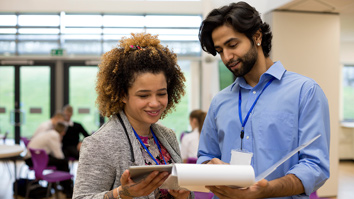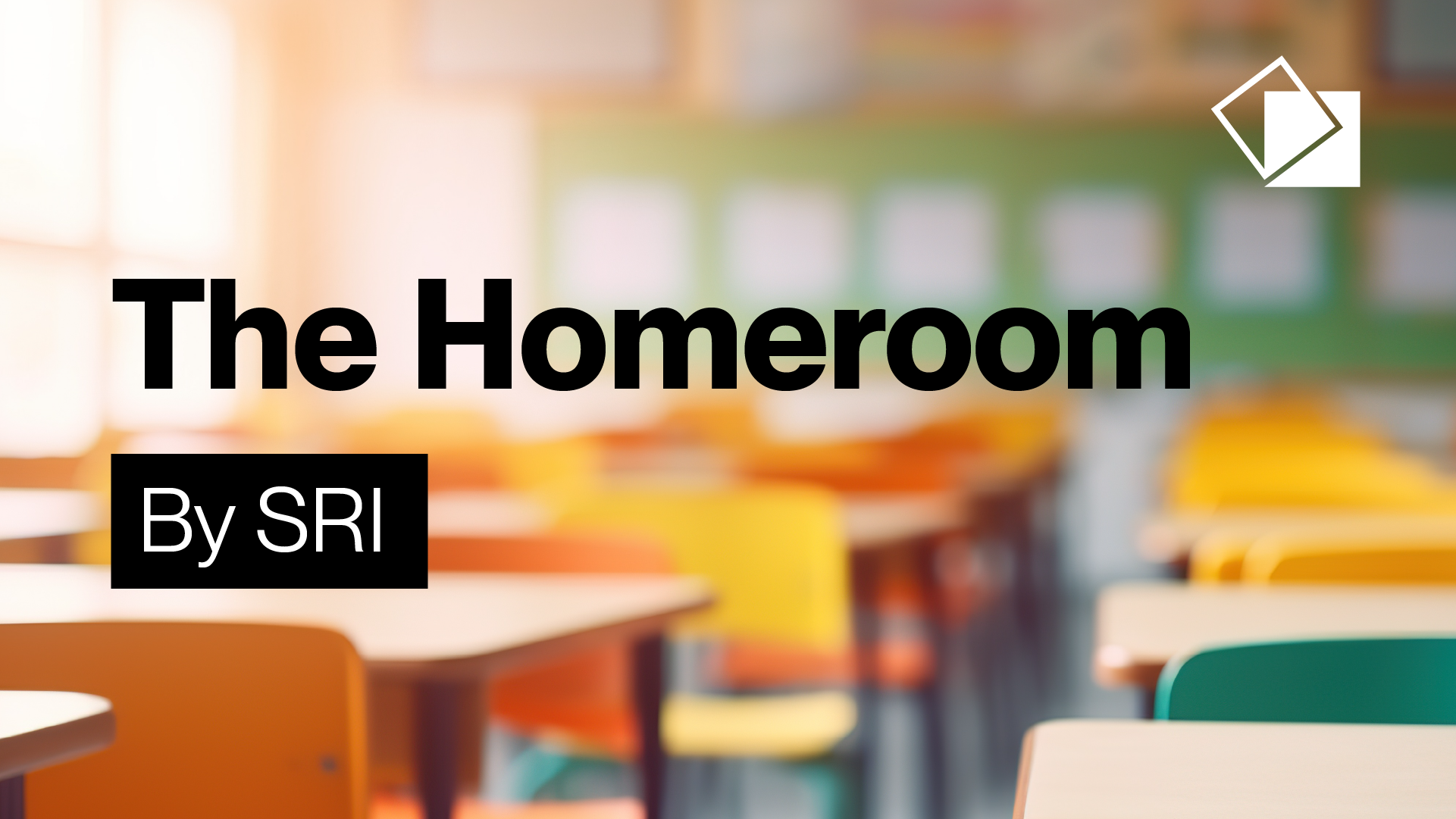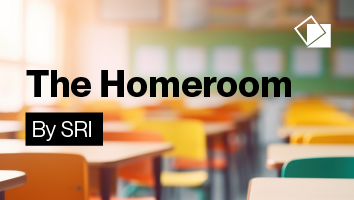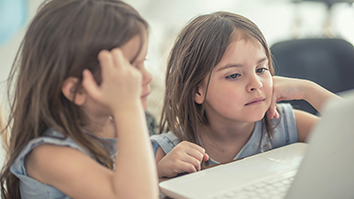Education and learning
For more than 50 years, SRI Education has been a leader in helping strategic partners find out what works, for whom, how, and why. We collaborate with federal, state, foundation, nonprofit, and commercial partners to improve teaching, education policies, and student learning.
Our goal: to reduce barriers and optimize outcomes for students of all ages; abilities; and racial, cultural, linguistic, and geographic backgrounds.
-

Developing and Validating a Practitioner Toolkit to Scale and Sustain Collaborative Data Inquiry
This is the first impact study of Data Wise, which supports educators in using collaborative data inquiry to drive continuous improvement of teaching and learning.
-

Evaluation of the National Center for Teacher Residencies’ Centering Equity Project
SRI is evaluating how the National Center for Teacher Residencies’ Centering Equity project is developing and scaling teacher residencies through a Supporting Effective Educator Development (SEED) grant.
-

Podcast: Improving outcomes for learners of all ages
From the classroom to the workplace, lifelong learners face a complex set of challenges.
-

Podcast: Designing education innovations for real-world contexts
Not all innovations are created the same. Even the most promising educational products and programs can fall short if they don’t address the needs – and the everyday realities – of schools, educators, and students.
-

Podcast: A more human approach to educational improvement
Meaningful educational improvement is driven by people: the teachers, administrators, families, students, communities, and other stakeholders who share a desire for better, more equitable outcomes.





